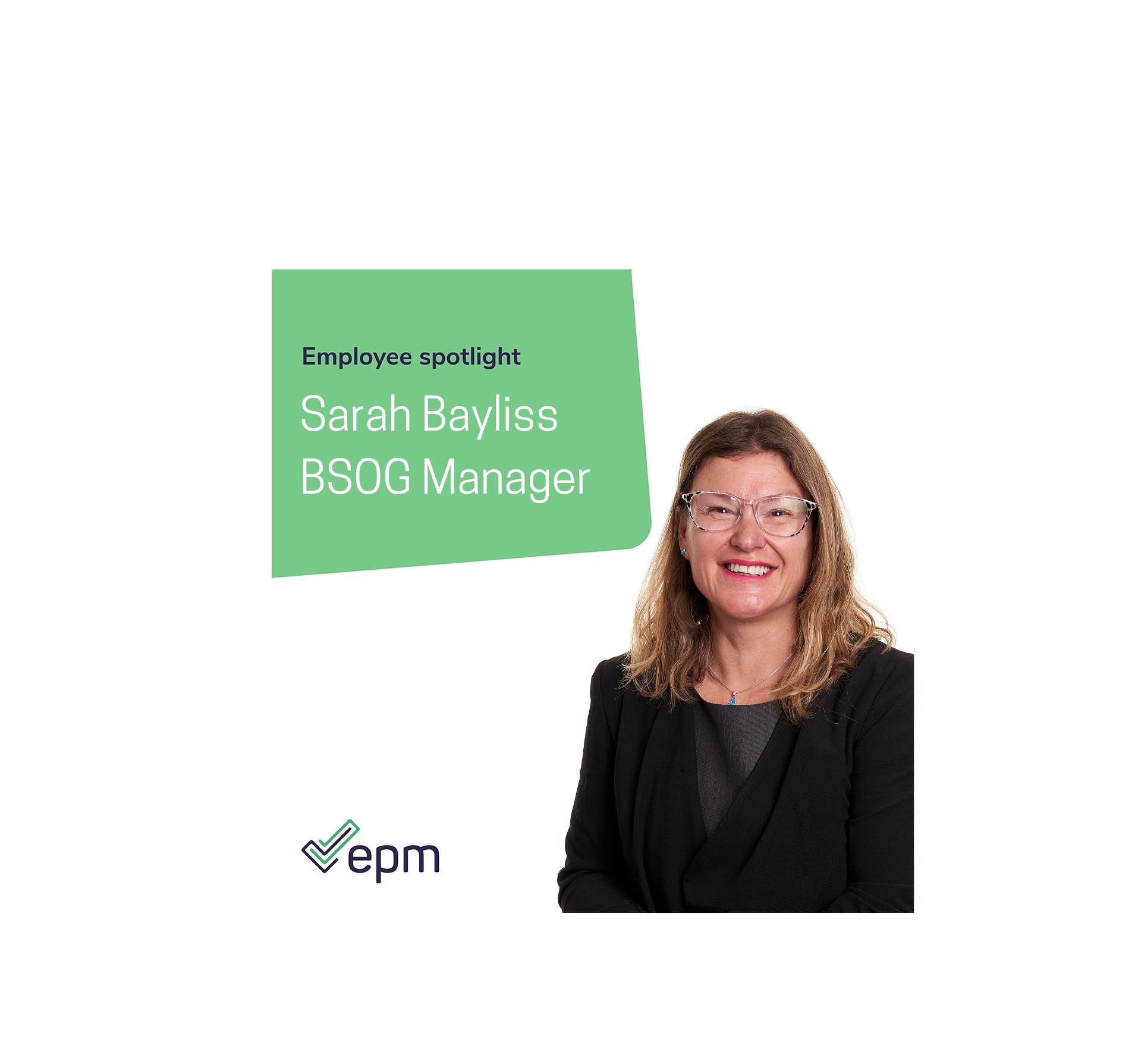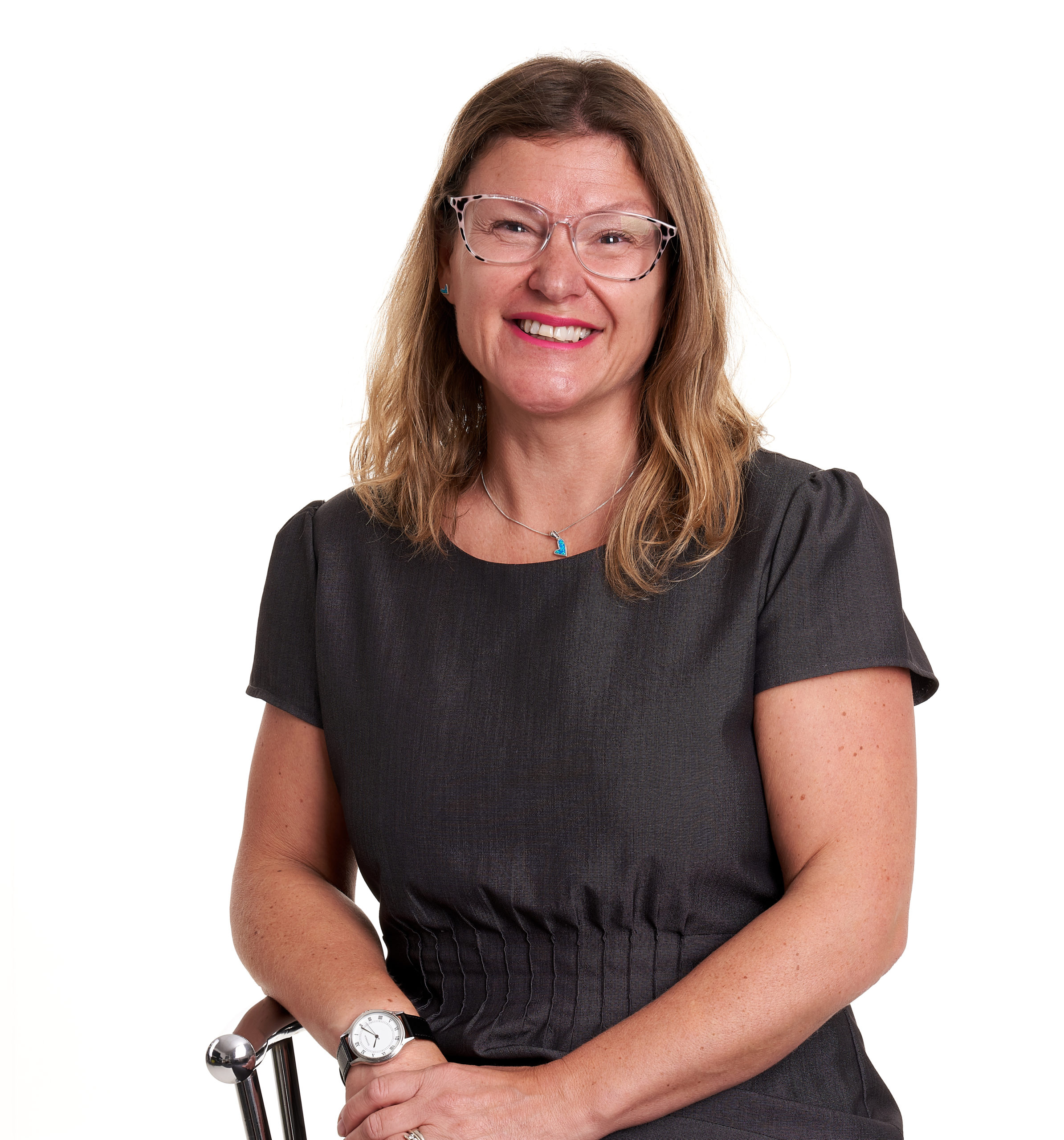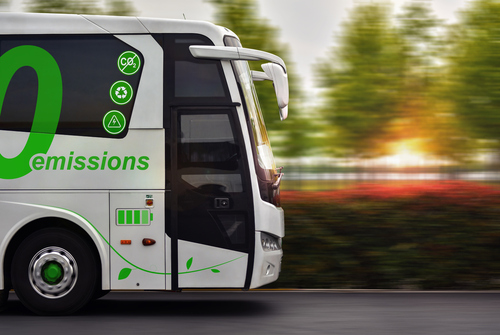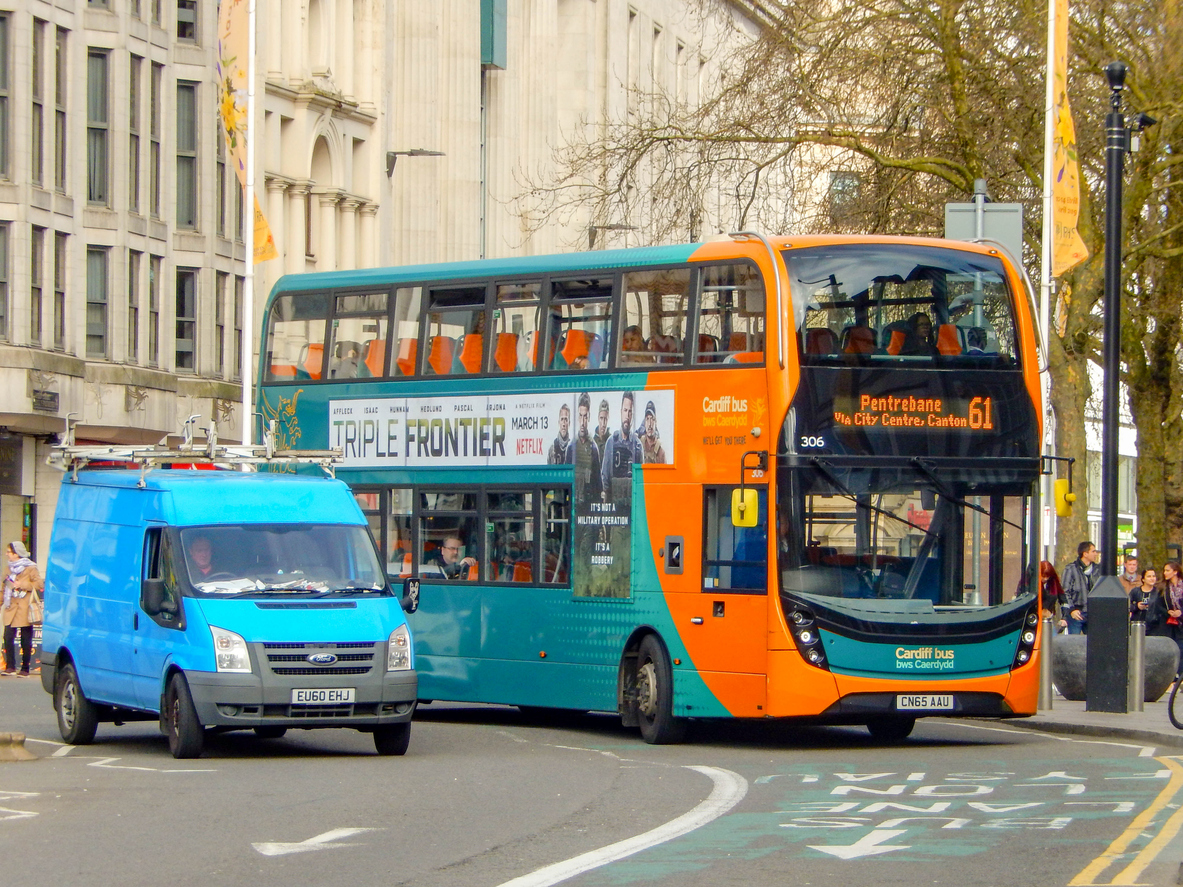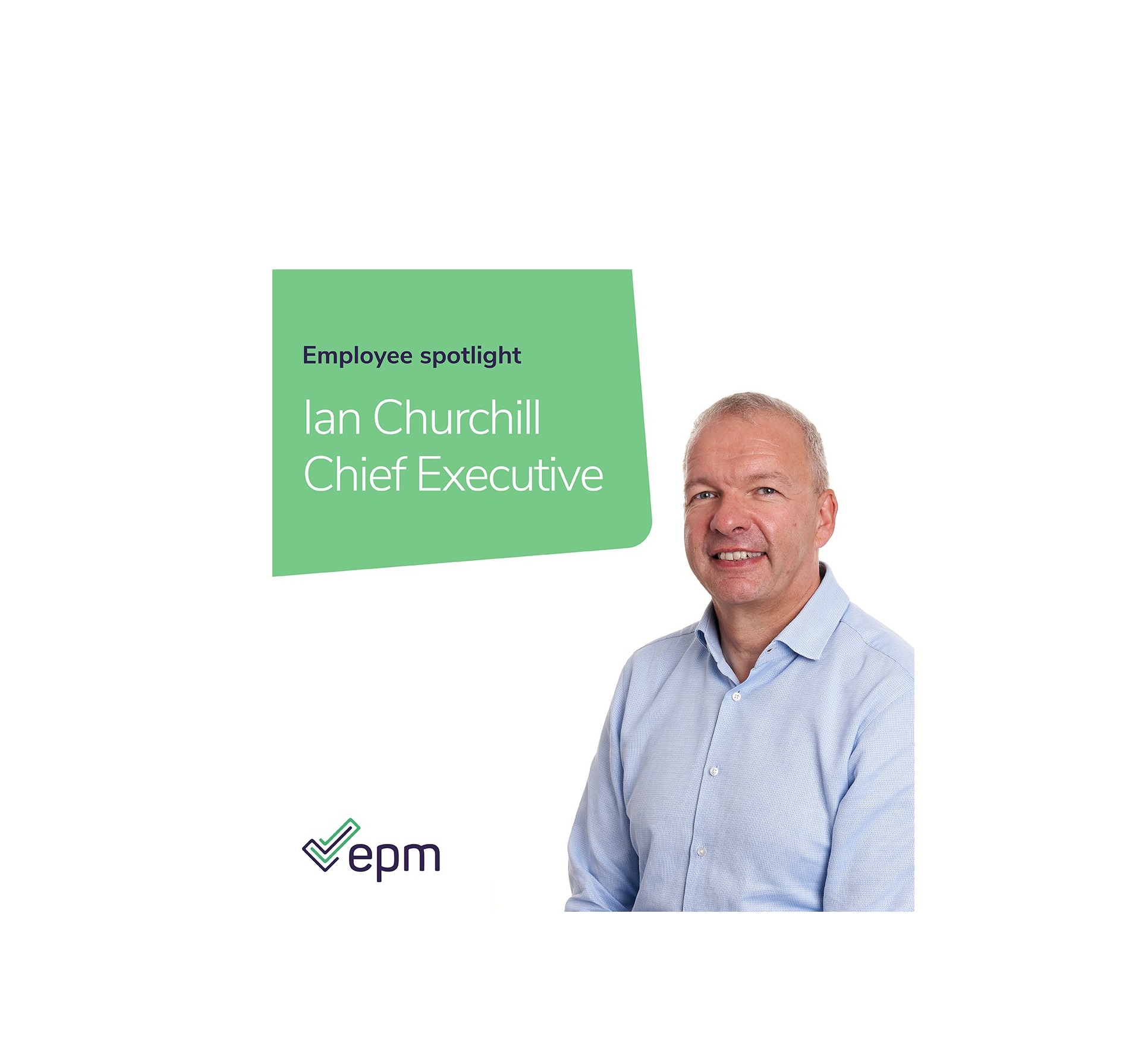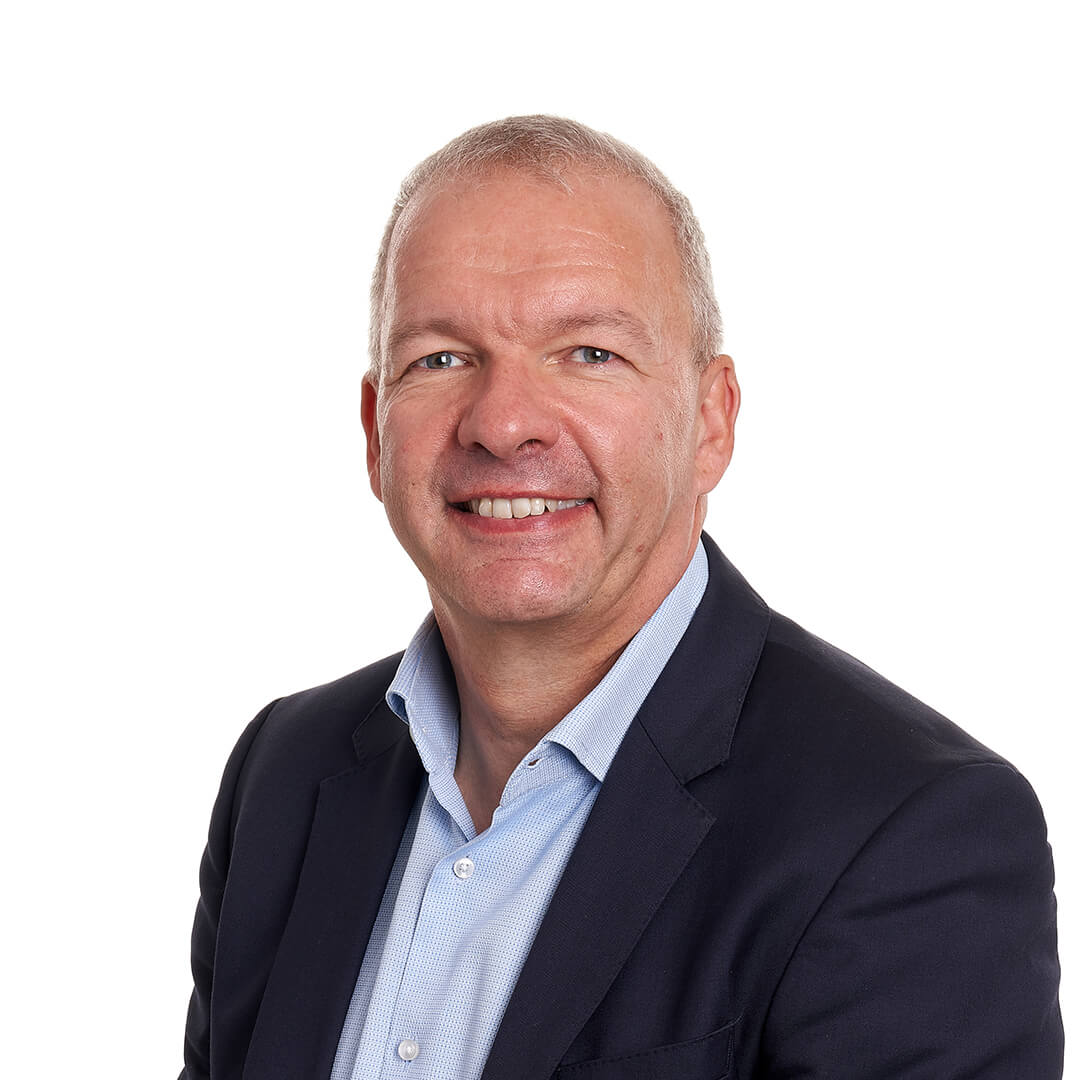What is a day in the life of a BSOG Manager like?
Planning and reviewing the work of a strong team. All members of the team support one another, which really does make my role easier – particularly as this has been such a busy year, assisting our clients even more than usual.
What do you enjoy the most about your role?
The people I work alongside; the level of autonomy over my responsibilities; the connection with our clients and contributing to completion of engagements, which are interesting and often challenging but result in a feeling of accomplishment.
What do you least like about your role?
The last 13 months have been a challenge and it has been tough to plan the team’s work in terms of the time available and changing requirements. They have worked extremely hard meeting their deadlines in a very different world.
Describe yourself in 3 words
Down-to-earth, positive, and adaptable.
I asked my 9-year-old daughter how she would describe me; she said funny, independent and a little crazy. I’ll take the first 2!
If you could meet anyone in the world, dead or alive, who would it be and why?
Wow – anyone? I love sport and have so many sporting heroes but the people I admire most in this world are those who speak out about injustice and stand up for what they believe in.
What is something most people don’t know about you?
I was born with 6 fingers on my left hand. I wouldn’t always have helped with counting and numbers! Although my dad, who was a milkman, asked the doctor to leave it on so that I could carry more milk bottles!
Do you have any hobbies you like to do outside of work?
I enjoy running, yoga and anything that involves the sea. I also often become embroiled in my daughter’s crafty projects and have found I am a skilled pom pom maker!
Name a song title that best describes your personality
All the Time in the World by Deep Purple – I am not someone who likes to be in a rush (or be rushed!). I am quite a fan of the Cornish concept of ‘Dreckly’, similar to that of the Spanish manana. Unless working to a deadline of course, and then it becomes Don’t Stop Me Now by Queen!
What is your favourite holiday destination?
A campsite in Cornwall with a sea view = paradise. Luckily, I have a sister who very kindly moved there, so I am able to book into the Big Sister B&B with relative ease.
Do you have any pets?
Yes, two 5-year-old cats Woody and Jessie who are brother and sister. Also, a new addition to the family in February – a whirling dervish puppy pointer called Loki. I also share my home with an array of creature creations including pebble people and Lego folk!
What are three things still left on your bucket list?
To run (aka shuffle) the London Marathon
Learn to play chess
Visit Orkney where my Mum’s side of the family are from
What’s the best advice you can give to someone who’s just started their career?
A little bit of self-efficacy goes a long way. Play your role in creating a supportive, working environment. We spend a lot of our waking hours at work and we all have responsibility in it not being something all-consuming and dread-inducing, but fulfilling and rewarding.
Read last month’s Employee Spotlight with Chief Executive, Ian Churchill



